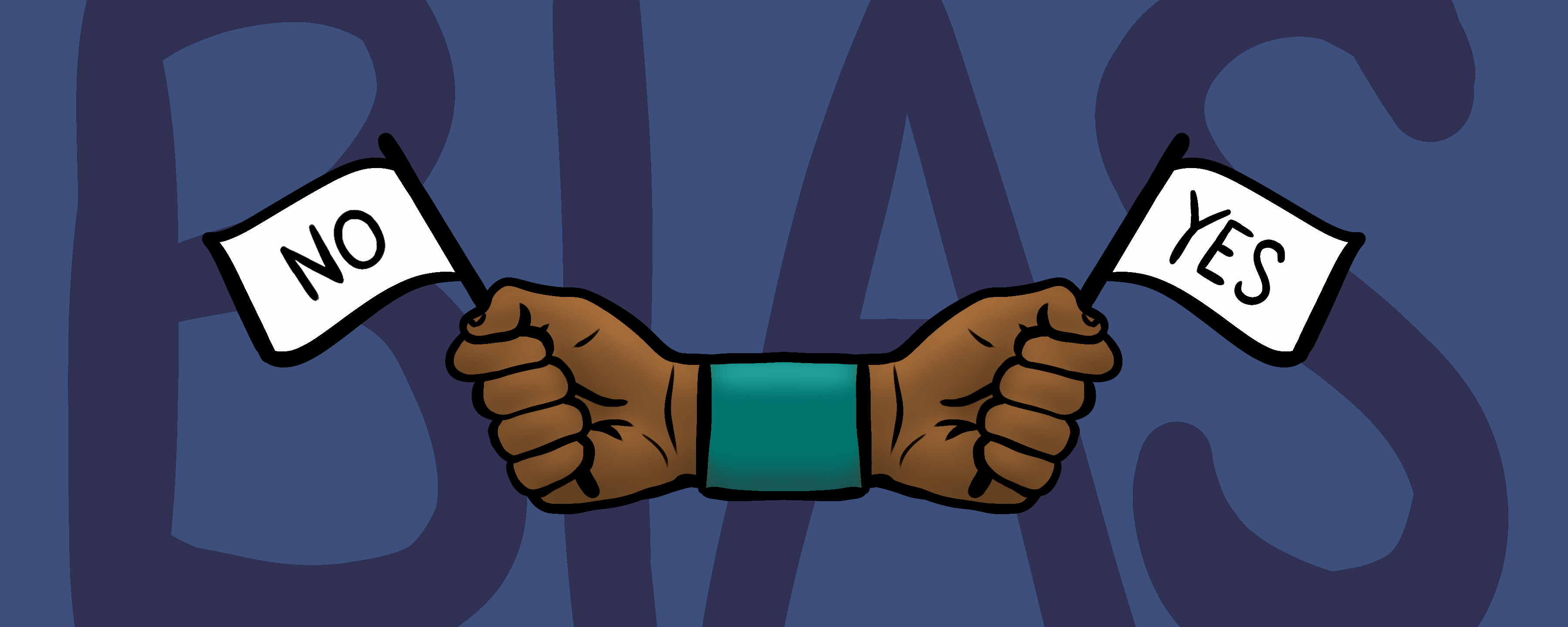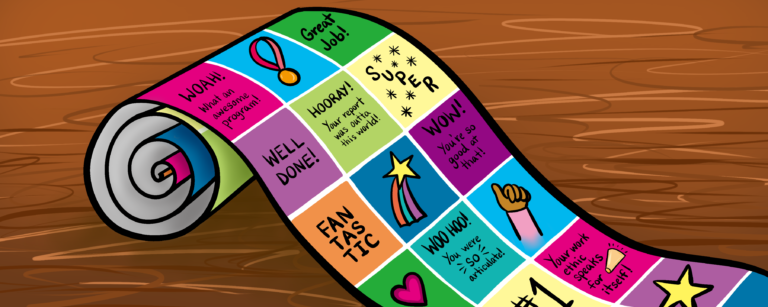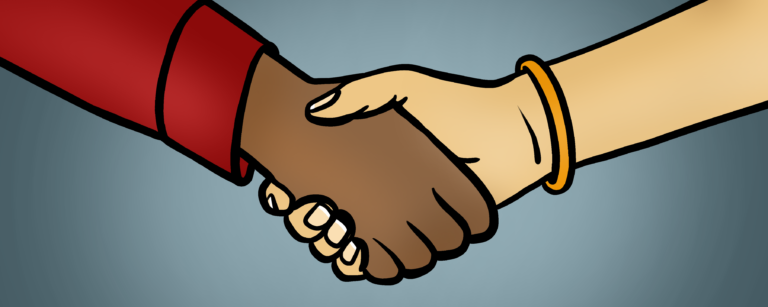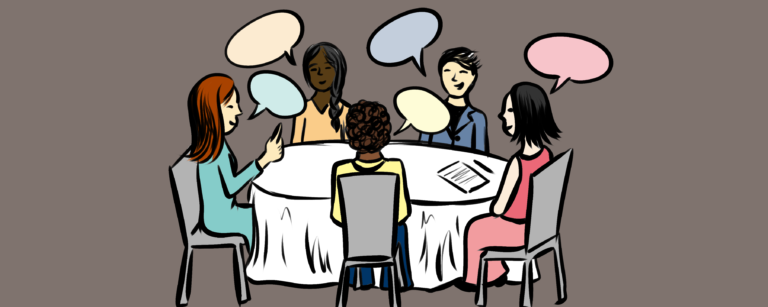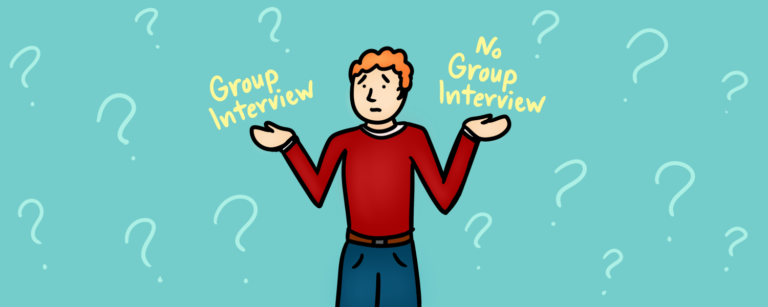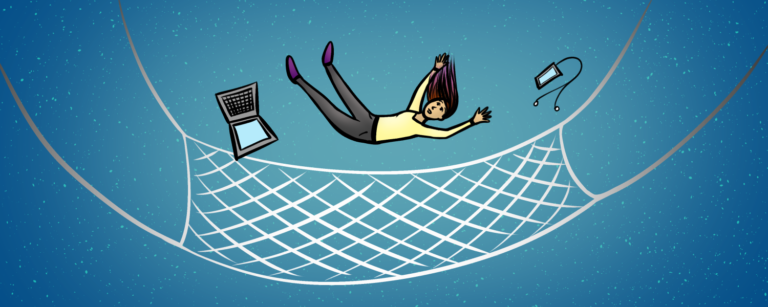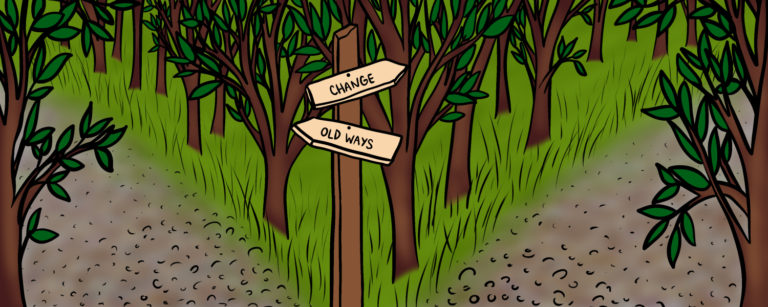Oh, hey! Welcome to the community.
Hiring season is upon us. As you know, any interview process is subjective; it’s impossible to remove all biases. Even Amazon could not create a computerized screening process that was void of bias. Our best chance of reducing bias is knowledge. By increasing awareness of the unconscious biases that play into our selection processes, the more equipped we can be to educate evaluators and try to reduce the impact of biases.
Efficiency versus Effectiveness
I sat in a boardroom and reviewed a hiring process with colleagues. The discussion focused on the length of time it takes before an evaluator makes a decision about a candidate. About one-third of the attendees said they could tell whether or not they would hire the person within five minutes of the candidate sitting down. The rest of the table suggested it would take 10-20 minutes to make a decision. Why is there such a difference? Is it due to the ability to be decisive? When you’re asking the same questions in the same order, why does it take some people almost four times as long to make up their mind?
I trust my initial instincts. I don’t lament over decisions and, as a result, can act impulsively. It works for my personal life, but it’s not a great trait in respects to hiring. As such, I’m sure you can guess that I was one of those that said I could decide on a candidate in about 5 minutes. If I’m honest, it frustrated me that others needed so long. I was fast, efficient, and could deal with the consequences of poor decisions. Even though I asked all the questions and spent the 20 minutes with the candidate, I rarely changed my mind on my initial impression.
Confirmation Bias
I stumbled upon this article which discusses confirmation bias. Oh, my goodness–I’ve been biased in my hiring decisions for the last ten years! As with most prejudices, it is unconscious, and when related to interviewing, this article defines it as “the tendency to search for, interpret, or prioritize information in a way that confirms one’s beliefs or hypotheses.” I’d made up my mind based on any number of factors and then heard all of the following answers from a biased lens. My initial impression is to like most people, so that was beneficial for the candidate I interviewed but perhaps not for the process. Psychology Today suggests confirmation bias “leads the individual to stop gathering information when the evidence gathered so far confirms the views (prejudices) one would like to be true.” My bias created an unfair advantage to any candidates who interviewed with me, and the hiring committee was utterly unaware.
Knowledge is Power
A big step to overcoming bias is the awareness and acknowledgment that it exists. Using my example, had I known I had this bias, I would have worked to keep an open mind, not rush to a decision, and pay specific attention to detail as I evaluated answers. Merely hearing about this bias allows me to be more aware and practice more equitable hiring.
Before your interview cycle, consider discussing biases in hiring with your team. It’s not a punitive or judgemental topic, but educational. The more you know, the more equipped you are to minimize hiring biases. The following list of sites outlines some common hiring biases:
- https://www.linkedin.com/pulse/7-practical-ways-reduce-bias-your-hiring-process-sudheer-konduru/
- https://ideal.com/hiring-bias/
Many websites suggest sticking to structured interviews to avoid bias. If your selection committee sticks to the script and has a defined rubric, it’s more difficult for biases to make their way into the process. It can be difficult in a group interview process; however, the defined structure makes a difference. Using multiple evaluators at stations and interviews can also work to minimize the power and influence of unconscious bias. Hopefully, awareness and the acknowledgment of bias’ will help you and your team implement a stronger selection process.
Thanks for being part of our community. We’re glad you’re here.
